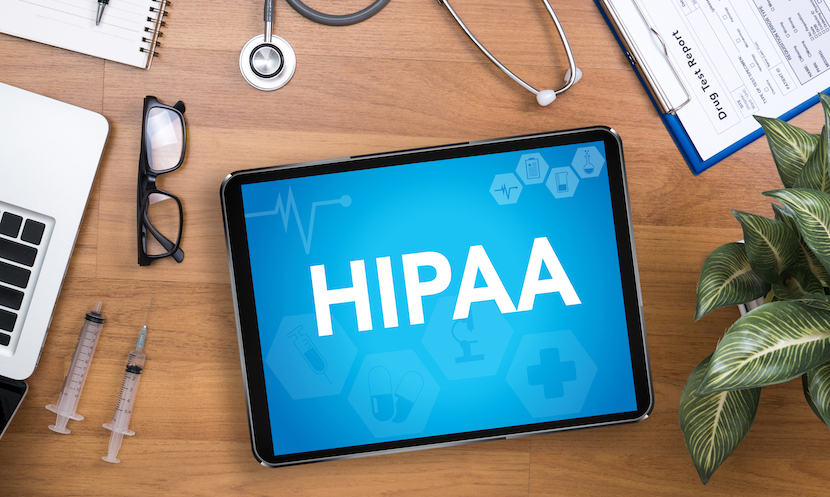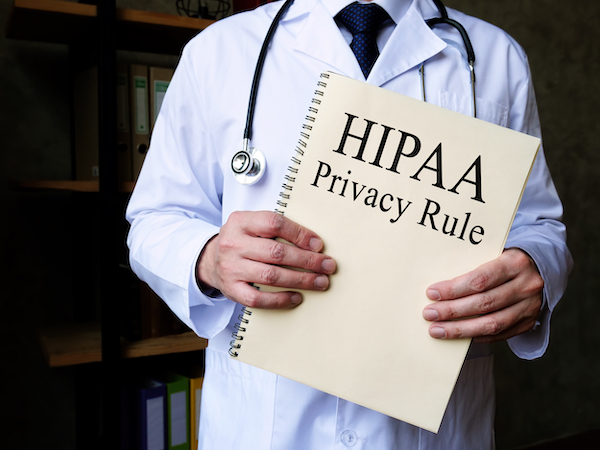
Health Insurance Portability and Accountability Act (HIPAA) is a set of regulations aimed at protecting the privacy and security of patient information in the healthcare industry. With the rise of telemedicine and the use of technology in healthcare, HIPAA compliance has become increasingly important to ensure that patient information remains confidential and secure during virtual consultations. In this article, we will delve into the key aspects of HIPAA compliance in telemedicine and why it’s crucial for telemedicine platforms to comply with these regulations.
What is HIPAA Compliance?
HIPAA compliance refers to the process of adhering to the standards set forth by the HIPAA regulations for the protection of patient information. The HIPAA Privacy Rule sets standards for the protection of patient health information, while the HIPAA Security Rule sets standards for the protection of electronic health information. Both of these rules are critical to maintaining patient privacy and security when using telemedicine platforms.
Why is HIPAA Compliance Important in Telemedicine?
Telemedicine is a rapidly growing field, with more and more patients seeking medical consultations online. The increased use of telemedicine has created new challenges in terms of privacy and security, and HIPAA compliance is essential to ensuring that patient information remains confidential and secure.
One of the biggest concerns with telemedicine is the potential for hacking and data breaches. Patient information stored on telemedicine platforms is particularly valuable to hackers because of the sensitive nature of the information. HIPAA compliance helps to prevent these kinds of breaches by requiring telemedicine platforms to implement strong security measures, such as encryption and secure authentication protocols.
Another important aspect of HIPAA compliance in telemedicine is the protection of patient privacy. Telemedicine platforms have access to a vast amount of sensitive information about patients, including their medical history, diagnoses, and treatment plans. HIPAA compliance requires telemedicine platforms to protect this information from unauthorized access, use, or disclosure. This helps to ensure that patients’ information is only accessible to those who need it for their medical care, and that it remains confidential and secure.

Key Elements of HIPAA Compliance in Telemedicine
There are several key elements of HIPAA compliance that telemedicine platforms must adhere to, including:
- Privacy and Security Standards
Telemedicine platforms must comply with the standards set forth by the HIPAA Privacy Rule and the HIPAA Security Rule. This includes implementing strong security measures, such as encryption and secure authentication protocols, to protect patient information from unauthorized access and breaches. Additionally, telemedicine platforms must also have policies and procedures in place to protect patient privacy, including limiting access to patient information to only those who need it for their medical care.
- Patient Consent
Telemedicine platforms must obtain patient consent for the use and disclosure of their information for telemedicine services. This includes obtaining written consent from patients for telemedicine services, as well as informing patients about the privacy and security of their information.
- Business Associate Agreements
Telemedicine platforms must have Business Associate Agreements (BAAs) in place with any third-party vendors or contractors who have access to patient information. BAAs are contracts that outline the responsibilities of both the telemedicine platform and the third-party vendor or contractor in terms of protecting patient information.
- Risk Analysis and Management
Telemedicine platforms must perform regular risk analyses and implement risk management plans to identify and address potential security threats and vulnerabilities. This includes regular testing and monitoring of security systems and protocols, as well as implementing measures to address any identified risks.
Get a Telehealth Platform with HIPAA Compliance
In conclusion, HIPAA compliance is a critical aspect of using a telemedicine platform for delivering healthcare services. It not only ensures the protection of patients’ sensitive health information, but also helps to maintain the trust and confidence of patients in telemedicine services. By following HIPAA guidelines, telemedicine platforms can help to improve the quality and security of healthcare services and ensure that they meet the highest standards of privacy and confidentiality. It is important for healthcare providers and patients alike to be aware of the importance of HIPAA compliance when using telemedicine platforms, and to choose telemedicine platforms that prioritize patient privacy and security.
Seecure is a cutting-edge telehealth software that prioritizes patient privacy and security. This software is fully HIPAA compliant, ensuring that all patient health information is securely stored and protected. With Seecure, healthcare providers can deliver high-quality telemedicine services without worrying about violating HIPAA regulations. The software features robust security measures, including encrypted communication and data storage, to ensure that patients’ sensitive health information is always kept confidential. In addition, Seecure offers an easy-to-use platform for telemedicine consultations, making it a convenient and efficient solution for healthcare providers and patients alike. With Seecure, you can be confident that your telemedicine services are both effective and secure.








